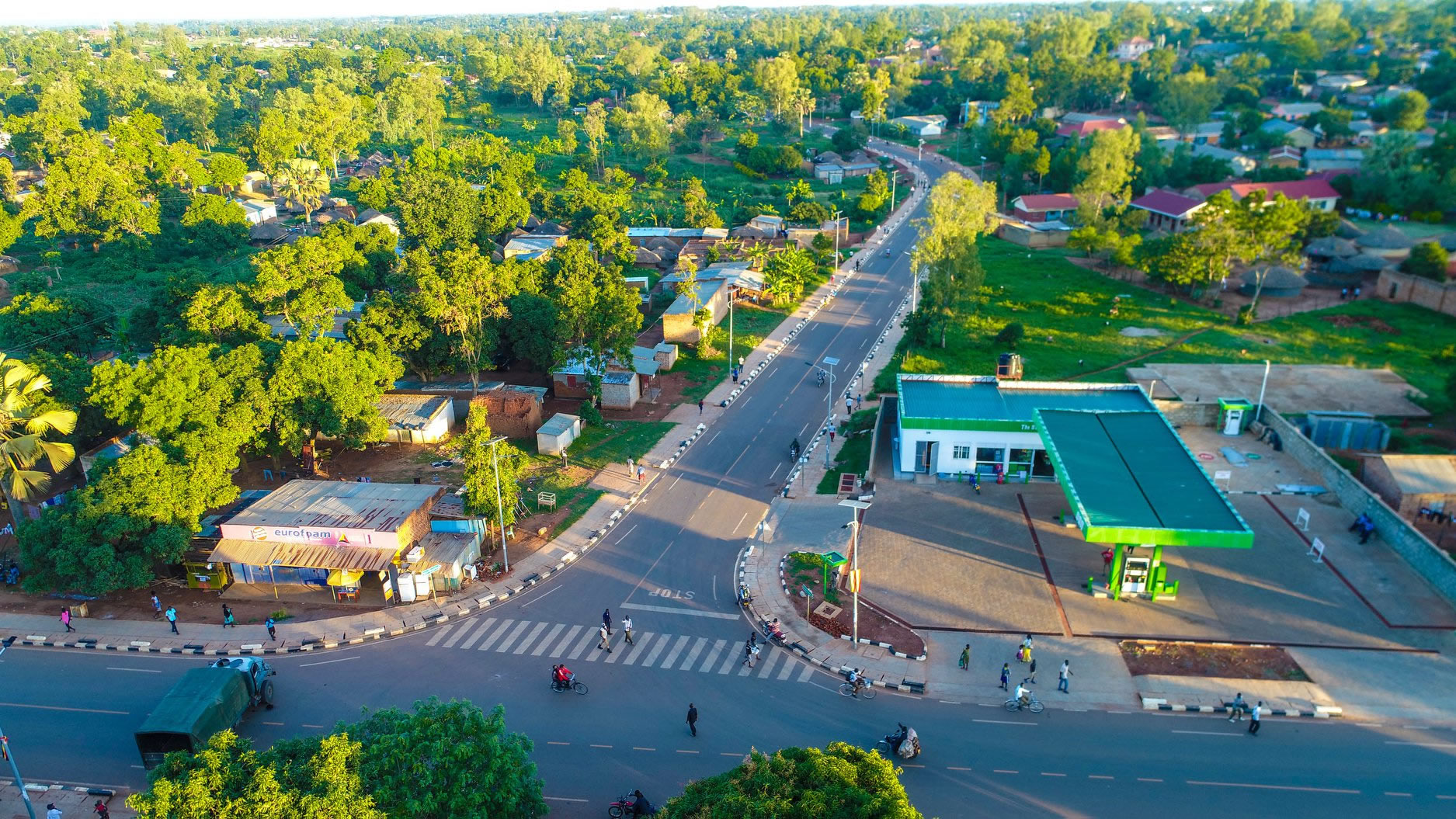Search

FAQs
FAQs
Is Gulu, Uganda Safe?
Since the departure of the LRA, Gulu is calm and stable. In fact, we feel Gulu may be one of the safest cities in Uganda.
Does crime still happen? Yes. Much of the crime can be prevented through simple common sense actions.
Keep a watchful eye on your bag while traveling or sitting at a restaurant. Put your phones and valuables away while dining out, walking, and while on boda bodas. These two things can help you to avoid petty thieves and snatch and grabs.
What is Gulu most known for?
Aside from the national parks, there are not many developed tourist attractions in Northern Uganda, which is really unfortunate given the beauty and culture of the region.
Fort Patiko is one of the most developed tourist attractions near Gulu. Approximately 30 kilometers outside of the city, Fort Patiko, also known as Samuel Baker’s Fort or Fort Baker, is a historical and cultural site for the Acholi people.
This area was once a convenient slave-trading venue created by the Egyptian Arabs. Before “discovering” Murchison Falls, Sir Samuel Baker and his wife encountered Patiko. Baker built a military fort in order to stop the horrific slave trade.
We highly recommend traveling to Fort Patiko to get a historical tour and explore the fort and caves. You can also climb the adjacent hill for spectacular views of the surrounding area.
What language do they speak in Gulu?
Luo is a language primarily spoken by the Acoli people in the districts of Gulu, Kitgum, Auru, Lamwo, Agago, Nwoya, Omoro and Pader, a region known as Acholiland in northern Uganda.
Where is Gulu city located?
Gulu, town located in northwestern Uganda, situated about 175 miles (285 km) north of Kampala at an elevation of about 3,600 feet (1,100 metres). It is the marketing centre of the main agricultural region of northern Uganda; cotton, tea, coffee, corn (maize), sorghum, and tobacco are grown in the surrounding area.